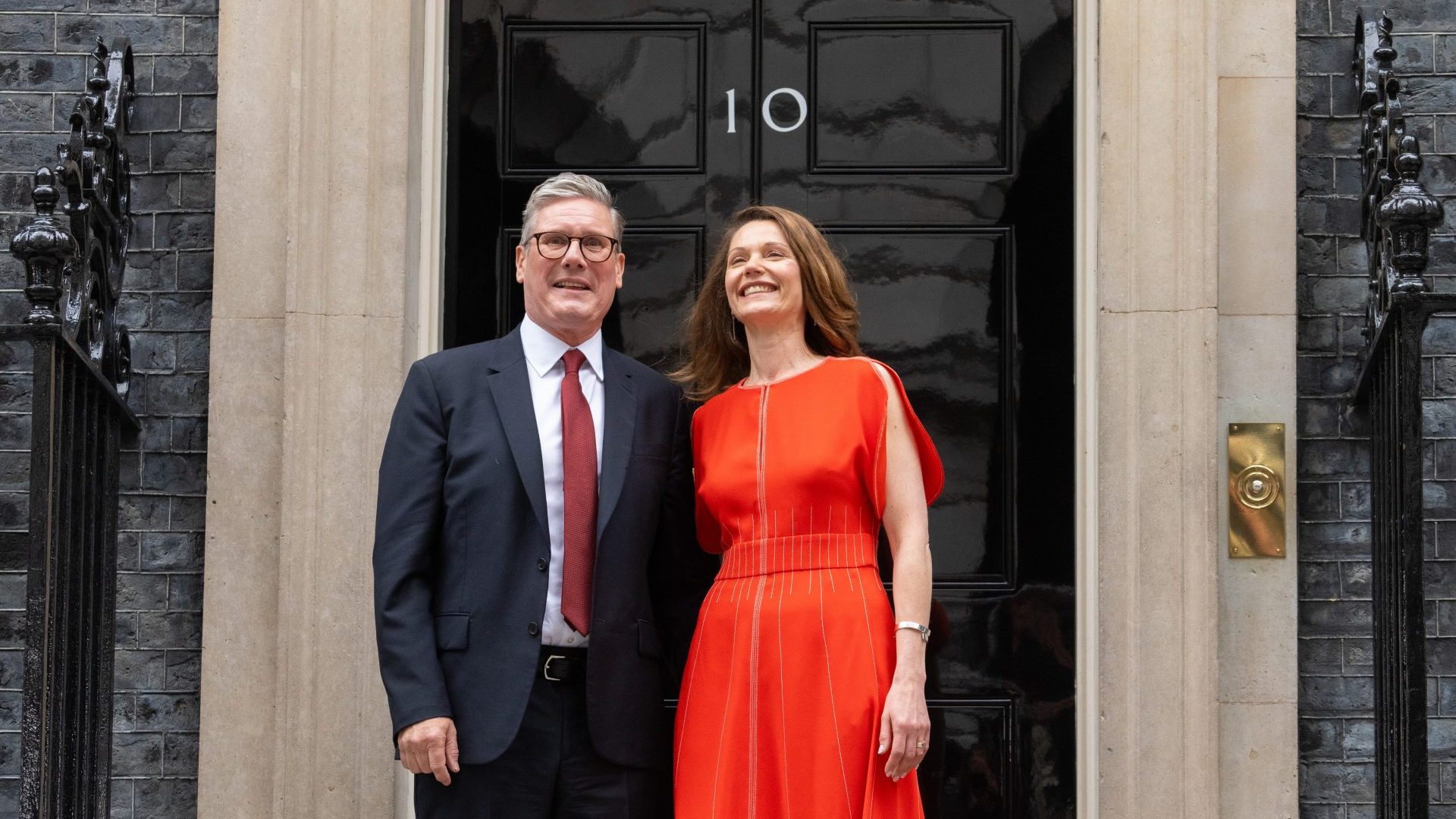Keir Starmer has won a parliamentary majority of 174 seats, overturning a Conservative majority of 80 at the last general election – a swing without precedent in British politics.
Starmer has gained considerably more seats than Tony Blair did in 1997, and has more than doubled the number of Labour MPs sitting in parliament. By comparison, the Conservatives have lost more seats than they have in any contest in history and have the smallest total of MPs that they have ever had. Eleven serving cabinet ministers lost their seats entirely.
So, naturally, conversation has immediately turned to the question of whether Keir Starmer “really” won the election and whether or not the landslide is impressive or even “real”.
Much of this is simply the fact that Labour is just not allowed to have nice things. There is no way a Conservative majority of this scale would be written up or spoken of as anything other than an all-conquering triumph.
When Boris Johnson took lots of seats by relatively small majorities in 2019, this was spoken up as a triumph of a good campaign allocating its votes well: instead of “piling up votes” in seats where they weren’t needed, the efficient allocation of votes to win seats by just enough was presented as political genius.
Labour’s vote is even more efficiently allocated in 2024, and it is being written up as a disaster which already portends the party’s eventual doom when its popularity falls. The reality is somewhere between the two – large-but-shallow majorities are prone to reversal, as Starmer has just demonstrated. But they are still majorities and can be used to accomplish a lot.
Labour is also burdened with a left flank that hates the party moderates with an intensity that it can never quite muster for the Conservatives – (Tories are so politically distant as to be alien). It is clear Labour’s political vulnerability on its left flank was more profound than anyone in mainstream politics or commentary – myself included – realised.
Labour has lost a handful of seats to independents on the left, and was lucky to retain several others. It has revealed a blindspot in polling that will need to be addressed by the relevant companies, but it is a rounding error when it comes to the narrative of the night.
Instead, expect to hear much about Labour’s vote share being lower than it was in 1997, as if the “real” measure of winning isn’t who walks into Number 10 and how secure the government that person can form will be – but is instead the total on a scoreboard, that has no force and effect in reality beyond it.
The New European flagged ahead of time that the vote share would likely be used to claim a Labour landslide wasn’t real. That has already begun. But the reality is that elections are fought under the rules that exist, not the rules as people would wish it to be – and under the UK’s election system there is no magic significance attached to vote share. What matters is whether or not your campaign picks up seats.
This is similar to the US electoral college: because it matters which states are won, the candidate with the highest total vote count does not automatically become president. US presidential campaigns would be fought very differently if just piling up more and more votes in California and New York would win the race, allowing Ohio and swing states to be ignored.
Some Democrats might prefer such a system, but the election is fought on the one that exists – not the one you’d like. The UK situation is exactly the same: Labour piled up lots of votes where it didn’t need them in 2019, and the result was the worst for Labour since 1931. For all that Corbyn supporters liked to talk about the supposed triumph of 2017, with its 40% vote share, Labour got 55 fewer seats than the Conservatives and were able to get nothing done.
Because Labour is never allowed to simply take the win, either by the media or by its critics closer to home, the narrative of the next few days will doubtless question the validity or the reality of the Labour landslide.
But as the hours turn into days, and then into weeks, the simple fact of the landslide will become apparent. Seats form governments, and large majorities get things done.
When Keir Starmer manages to advance his agenda – and do that he must if his premiership has any hope of success – the reality of who won the election and by how much will become all too apparent.
Yes, he’s won. Yes, he’s won big. And whether or not his political rivals choose to acknowledge this truth doesn’t change a thing. British politics will learn to adjust to a new political era – however long it may last.












